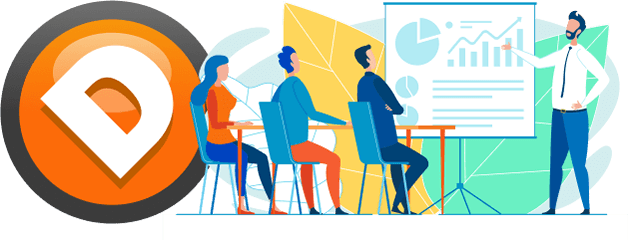The previous collaboration between tech giants Apple Inc. and Alphabet Inc.’s Google has already sparked federal regulatory scrutiny, stemming from a multi-billion dollar search agreement that led to an antitrust lawsuit by the Justice Department.
Now, with talks of another partnership, this time concerning Google’s Gemini artificial intelligence engine, concerns arise about a potential repetition of investigations and accusations of monopolistic practices. Opinions vary, given the ongoing discussions and the specifics of any agreement.
However, any pact, particularly one involving AI, will draw the attention of federal and state legislators, the Biden administration, consumer privacy advocates, and regulatory bodies.

If Apple and Google join forces on Gemini AI, it would essentially extend their previous online search partnership, which came under regulatory review. Reports indicate Google paid Apple roughly $18 billion in 2021 to maintain its search engine as the default on iPhones.
Outgoing Representative Ken Buck, a Republican from Colorado, cautioned against Google leveraging its AI capabilities to further solidify its dominance in online search, unless regulators intervene.
Google argues that its collaboration with Apple benefits consumers, who prefer its search engine as the best available product. A judge is expected to make a ruling on the case later this year.
For Apple, this potential partnership would provide the groundwork and technological framework to enhance AI features currently in development, potentially making future iPhone releases, such as the iPhone 16, revolutionary in terms of AI functionality, according to Wedbush analyst Daniel Ives.
Both Apple and Google were not immediately available for comment following the Bloomberg report breaking the news.
At the very least, Justice Department officials are likely to scrutinize the deal once announced, and Apple is anticipated to discuss its AI plans during its Worldwide Developers Conference in June.
Antitrust experts suggest that while regulatory scrutiny is possible, it may not necessarily require approval unless contested. The deal’s exclusivity could raise regulatory concerns.
Should Apple and Google collaborate on Gemini AI, the tools could enhance iOS capabilities, such as image creation and responding to user prompts. However, recent controversies, such as Google disabling Gemini’s image-generation tool due to biased results, raise concerns about the potential impact of AI on a large scale.
This potential AI deal coincides with a sensitive time for Apple, facing regulatory challenges both domestically and internationally. The Department of Justice is reportedly preparing to sue Apple over its tightly integrated ecosystem, while the European Union has already fined Apple for anticompetitive behavior in the music-streaming app market.
Furthermore, with the EU’s Digital Markets Act in effect, tech companies must now adhere to stricter regulations regarding user data, adding another layer of complexity to Apple’s regulatory landscape.
In the midst of this, the potential partnership between Apple and Google represents a strategic move in the evolving landscape of technology. However, its implications, particularly regarding competition and regulatory compliance, remain to be seen.




